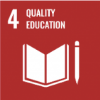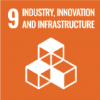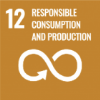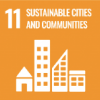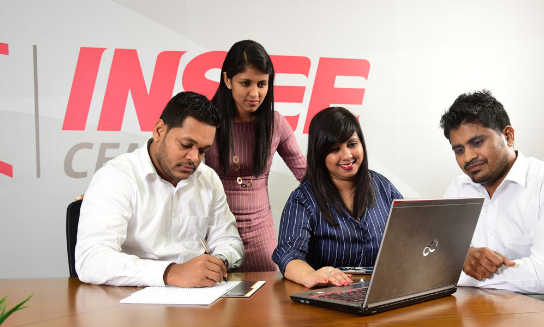OCCUPATIONAL HEALTH AND SAFETY
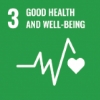
‘Zero Harm to People’ is a non-negotiable commitment at INSEE Cement where the health and safety of all our stakeholders remains one of our utmost priorities and is the foundation of the INSEE Sustainability Ambition 2030. We believe that all occupational injuries, illnesses, and other hazards are preventable, and have committed to grow our business responsibly and sustainably, adhering to effective OHS Management Systems.
INSEE Cement is committed to nurturing healthy and safe working environments, but our obligation does not stop with our employees; we are committed to improving health and safety measures throughout our value chain. The INSEE Cement OHS commitment starts at the top tier of our leadership with the Executive Committee, and cascades down across all strata of the company. Each employee, contractor or any other stakeholder when engaging with INSEE Cement also commits to working safely and being attentive to the health and safety of others, while also understanding and following established OHS rules and established procedures at INSEE Cement. No one person is exempt from following OHS rules and procedures, and no-one may undertake or permit any unsafe act or to work in an unsafe or unhealthy condition.
‘Safety Leadership’ has been a critical part of establishing good governance at INSEE Cement. We believe management is the most significant influence on employee behaviour, and that it is the ability of management to influence and control the behaviour of employees that determines whether injuries occur in a workplace. 96% of workplace injuries are traced in one form or another back to unsafe acts and behaviours of employees.
INSEE Cement complies with all applicable legislation and regulations with regard to workplace OHS and aims to continuously improve the health and safety performance benchmark of the company. Our commitment and effort has resulted in continuously decreasing incident rates year-on-year, while making progress against evolving targets set by the company. INSEE focuses on proactive KPIs rather than reactive ones with priorities given to Visible Felt Leadership (VFL), safety observational tours, task observations and OHS training hours. OHS performance is continuously reviewed and monitored by the Central Safety Committee headed by our dedicated OHS team, with bimonthly meetings presided by the CEO and Executive Committee. Site-wise safety performance is reviewed monthly by Safety Sub-Committees at each INSEE Cement operational location.
Occupational Health and Safety Management Systems at INSEE Cement
- Puttalam Cement Plant – ISO 45001:2018
- Ruhunu Cement Plant – ISO 45001:2018
- Mahaweli Marine Cement (Pvt) Ltd – ISO 45001:2018
Key Projects:
Future Leader and Next Leader
The OHS capabilities of key individuals in various roles across the company are developed through structured training programmes covering IOSH Managing Safety Course Content. with Participants are awarded a certificate upon successful completion. Our management also uses (VFL as a tool to demonstrate their OHS Leadership; employees “see” managers talking about safety and “feel” its importance to the company, while leaders contribute their most important asset -” time” – to drive the message through.
OHS Professional Capacity Training Program
INSEE Cement works closely with the National Institute of Occupational Safety & Health of Sri Lanka (NIOSH) to uplift national OHS standards. We have partnered with NIOSH to conduct a one-year professional OHS training program to develop the professional capacities of GCE A/L qualified students to become NVQ Level 5 qualified Safety Officers. We have also renewed our commitment to be Technical Partners of the Annual National Safety Awards organized by NIOSH each year.







